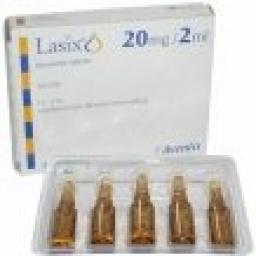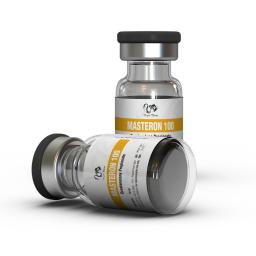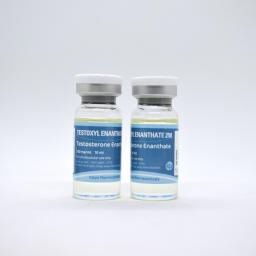Surgical menopause is when a woman’s ovaries are removed prior to natural menopause. This causes a sudden and permanent drop in the ovarian hormones, oestrogen, progesterone and testosterone.
About 10 to 20% of women who have a hysterectomy, but retain their ovaries, also experience menopause slightly earlier (between one and four years) than average.
Hysterectomy
A hysterectomy is an operation to remove a woman’s uterus or womb.
Whilst it is a significant operation, there are many new surgical techniques available which reduce the operating of and recovery time. Hysterectomy is a necessary operation for some conditions. It is important to understand that removing the uterus alone will not affect the production of hormones, as long as the ovaries are still intact and functioning normally.
A total hysterectomy means that the whole of the uterus, including the body of the uterus and the cervix, is removed. However, a total hysterectomy does not mean removing the ovaries. Occasionally, and if possible, a subtotal hysterectomy is performed. In these cases, the cervix is retained because a woman’s cervix is sensitive to touch and may play a role in her sexual arousal.
Why is a hysterectomy performed?
Some of the reasons may include:
- Cancer of the cervix, uterus, ovaries or tubes;
- Uncontrollable continuous uterine bleeding (however this is rare);
- Heavy or persistent bleeding;
- Severe chronic pelvic pain;
- Severe endometriosis;
- Pelvic inflammatory disease (i.e. chronic infections of fallopian tubes & pelvis);
- Some types of fibroids (this is usually the most common reason).
If a woman is unsure whether to have a hysterectomy or not, she should seek a second opinion. Sometimes, it is appropriate for a woman to take time in making her decision, unless of course there is an indication of urgent health problem such as cancer or uncontrollable life-threatening bleeding.
Deciding to have a hysterectomy
Some questions a woman may want to ask her health practitioner include:
- Why is a hysterectomy necessary?
- What is/are the reason/s to do it?
- How will it be done?
- What type of hysterectomy is recommended?
- Is it necessary to take out the ovaries as well?
- How long will the operation take and how long will I be in hospital?
- What are the potential complications of this operation?
- Do any tests need to be performed before the operation?
- Will a blood transfusion be necessary?
- How long will I need after the operation to recover and how long will I need to be off work?
- What can I expect postoperatively?
- Are there any other options instead of hysterectomy?
- How long until I can drive a car after a hysterectomy?
- Do I still need a Pap test after a hysterectomy and why?
- What will happen to my hormone levels?
Best Steroid Products on Sale
Lasix Injectable
|
Masteron 100
|
Testoxyl Enanthate 250
|


